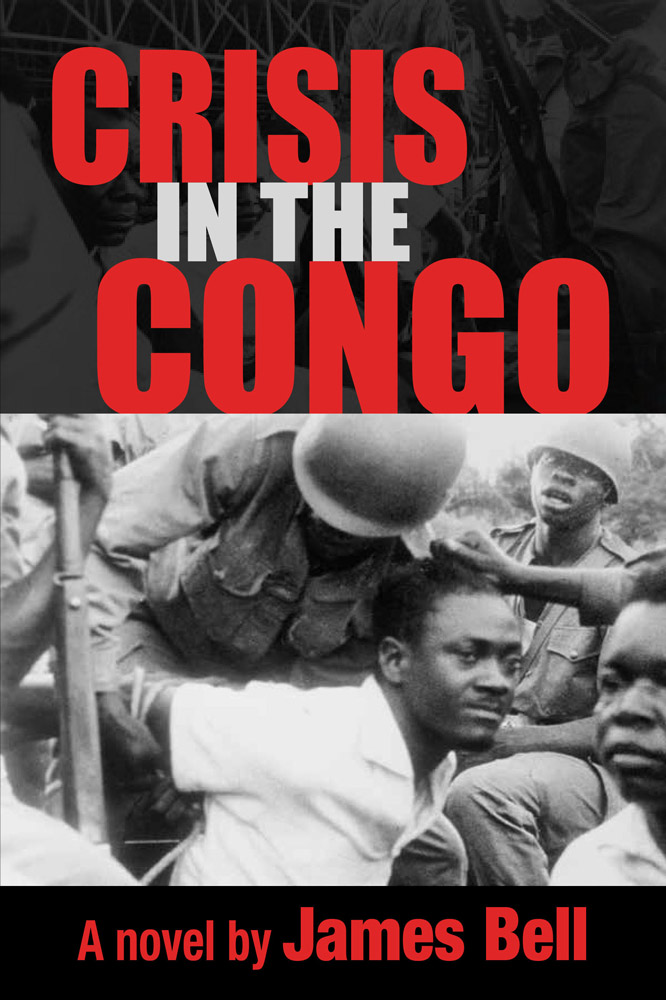Crisis in the Congo
Alumnus publishes work of historical fiction

James Bell's (Arch '80) new book, Crisis in the Congo, takes place in a 20-month period between November 1959 and September 1961, when the Republic of Congo gained its independence from Belgium, a time of great upheaval and uncertainty. "The true historic events are stranger and more dramatic than anything I could imagine and put on paper: the height of the Cold War, African independence movements, political assassinations, provincial secessions, the quest for pure uranium and white mercenary movements," Bell said in an email. "It was revolutionary era, largely forgotten today, that shaped the fortunes of one of today’s most tragic countries, where over five million people have died since 1997."
Read a short excerpt from Crisis in the Congo below:

Behind the steamer sat two large open barges, lashed together with a cobweb of thick rope. This was third class. A kaleidoscope of different shapes, sizes and smells lay out behind him, as passengers staked their real estate and began constructing their temporary residence. In many ways, this was a floating marketplace. Vendors were setting up small stalls covered with canvas awnings. There was an echoing of hammers and the laughter of people excited for a long trip ahead and profits to be made.
Most of the passengers were women, who had carried car-sized bundles on their shoulders through the maze and booby traps of humanity. Cages of domesticated poultry and the pungent fish sat drying on sun-heated surfaces. Privacy was non-existent. On the journey, people would ... eat, bathe, sleep and tell stories. It was both communal and impersonal—the pillars of poverty.
James Bell is an author who lives in Charlottesville with his wife of 29 years and two daughters. His three prior novels, The Screen Door: A Story of Love, Letters and Travel; The Twenty-Year Chafe, and Christchurch attracted a loyal following among a tiny audience of family, friends and a few strangers. This is Bell’s first work of historical fiction.